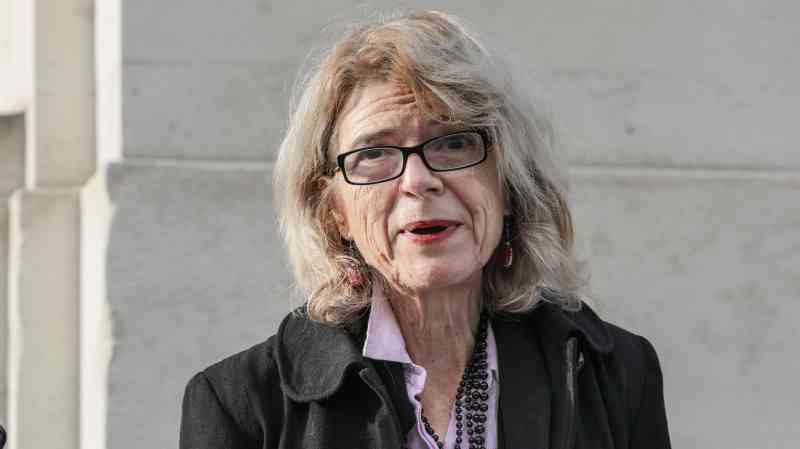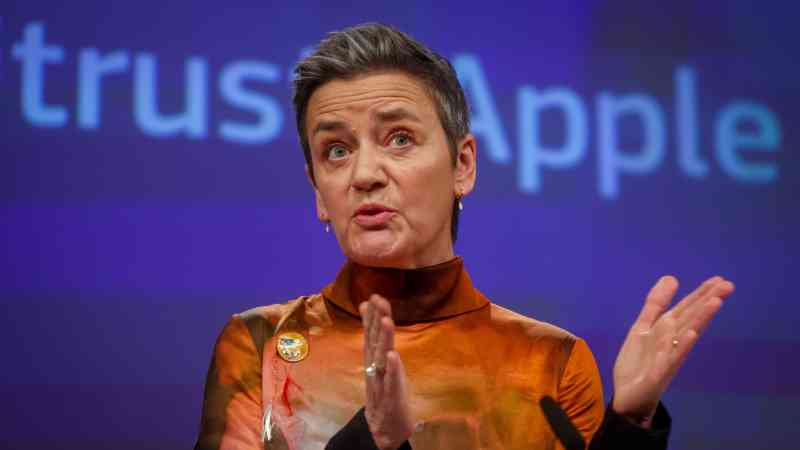UK inflation to rise and stay above target until 2027, warns BCC
Inflation is on course to rise over the rest of the year, forcing the Bank of England into incremental interest rate cuts of 0.1 percentage points over the next year, according to the British Chambers of Commerce.
In its latest quarterly forecasts for the UK, the BCC said that consumer price inflation would rise steadily to 2.6 per cent by the end of the year and would not fall to the Bank of England’s 2 per cent target until early 2027. The lobby group said high energy prices, strong wage growth and global trade uncertainty would keep price growth above target for at least another two years.
Sticky inflation will force rate-setters on the monetary policy committee into only one small interest rate cut this year, to bring the base rate down from 5 per cent to 4.9 per cent. The Bank’s last rate cut, last month, was 0.25 percentage points. It has not carried out incremental reductions since the onset of the pandemic in 2020, when borrowing costs were close to 0 per cent.
The BCC’s inflation outlook is worse than the Bank’s own projections, which show inflation falling and staying around the 2 per cent target from 2026. Current consumer price inflation is running at 2.2 per cent and rose for the first time in six months in July on the back of higher global energy costs. Most economists expect the rate of price growth to drift higher for most of the year due to a jump in household gas prices set by Ofgem from October.
The worrying inflation outlook will mean “the Bank is expected to adopt a more cautious approach and make a series of 0.1 percentage point cuts, bringing the interest rate to 4.3 per cent by the end of 2025, and falling to 3.8 per cent by the end of 2026”, the BCC said.
The industry group said it expected economic growth to be 1.1 per cent this year and 1 per cent next year. Growth has accelerated by 0.7 per cent in the first quarter and 0.6 per cent in the second quarter, and is projected to slow over the rest of the year.
Vicky Pryce, head of the BCC’s economic advisory council, said UK growth was “unlikely to be heading into the fast lane any time soon”.
She said: “Although domestic demand should be helped by a gradual reduction in interest rates and by rises in real wages as inflation stabilises, firms will still struggle to invest. This is due to continuing global economic and political uncertainty, alongside a downbeat government assessment of its fiscal position and warnings of tough decisions in the budget.”






